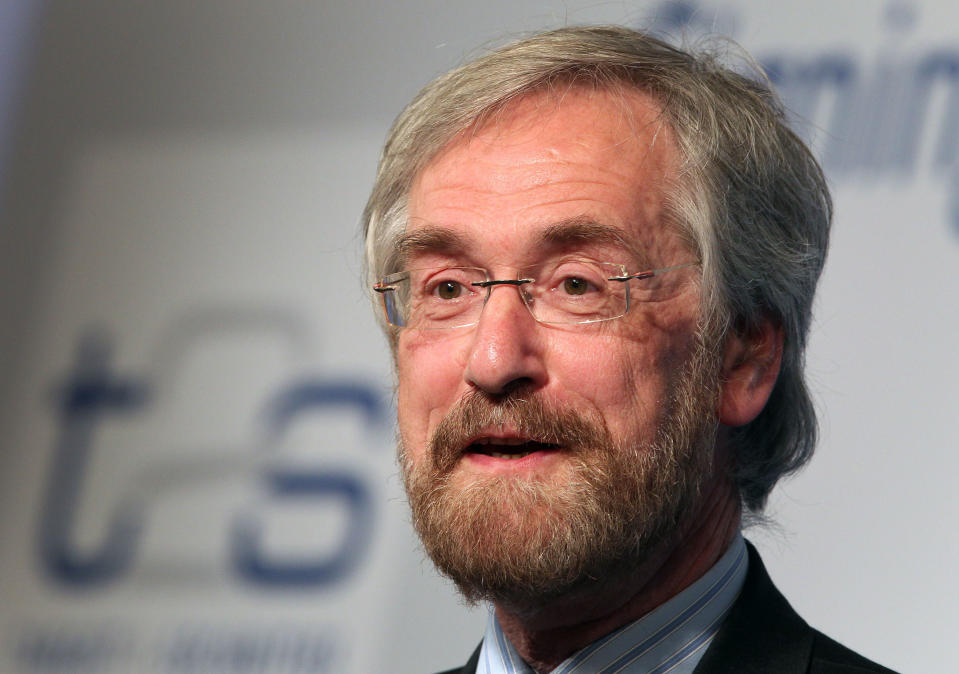'Small country' Britain is under an 'illusion' about Brexit, says ECB exec

Britain’s hopes of negotiating preferential international trade deals after Brexit are an “illusion”, the European Central Bank’s chief economist has warned.
Peter Praet said at a conference in London on Tuesday: “This is an illusion to think that small countries can play any role in fixing the rules of the game in this international, global environment. So it’s a big mistake what is happening in the UK now. Really, I think it’s a big mistake.”
Praet said the rise of nationalism, both politically and economically, has underscored the “power of bargaining power” and the need for a united Europe.
“What you see, especially now, is the importance of preserving and even developing very strong internal markets in Europe,” he said. “You see also the power, the power of the bargaining power in the international environment.
“On the other side, if you have a divided Europe with many countries having different trade policies, your bargaining power is very, very small.”
Praet, who also sits on the ECB’s executive board, was responding to a question on the effects of Brexit on the eurozone at UBS’s annual European conference.
He said Brexit is “really unfortunate” but does not pose any serious economic risk to the continent.
One of the arguments in favour of Brexit was that it would allow the UK to strike new trade global deals on terms that were more preferential.
International trade minister Liam Fox claimed last year Britain would strike at least 40 trade deals “seconds after” Brexit and said a trade agreement with the EU would be “the easiest in human history.” He has since changed his position, saying he now thinks the UK is likely to crash out of the EU next March without an agreement on future trade. His department is also yet to seal any significant deals.
There are signs large countries could be using their trading clout to try and impose unfavourable trading terms on Britain.
The US and China were reportedly among a group of 20 countries who blocked Britain’s attempt to fast-track a deal with the World Trade Organisation, which would have essentially preserved Britain’s current international trading relationships. It means Britain will now have to negotiate deals with individual WTO members.
US commerce secretary Wilbur Ross last year called for Britain to fall in line with US standards if it wants to reach a post-Brexit trade deal, including copying the US approach to chemicals in farming. Whether or not the UK will accept chlorine washing chickens, currently banned in the UK but accepted in the US, has been a repeated sticking point.

 Yahoo Finance
Yahoo Finance 